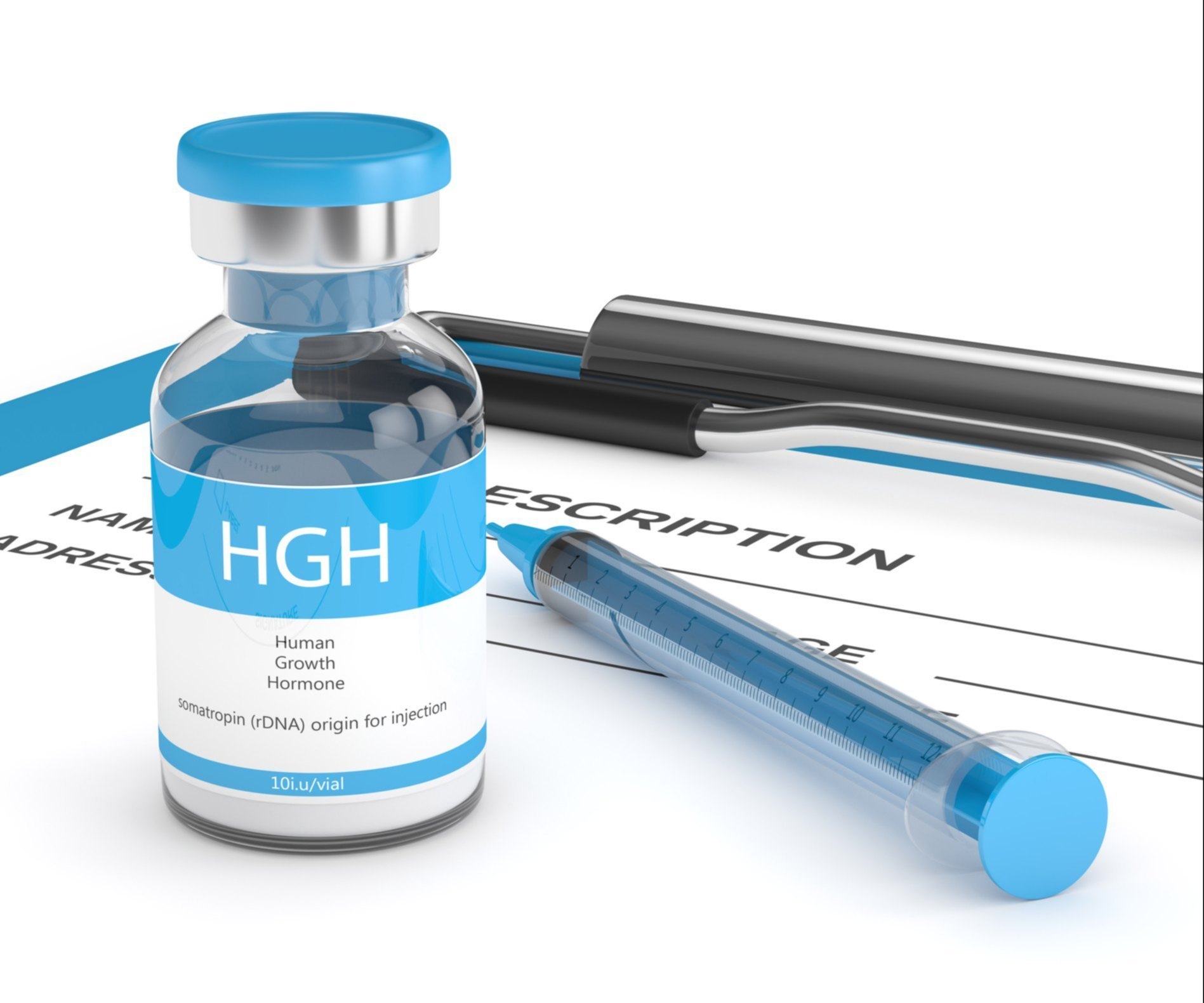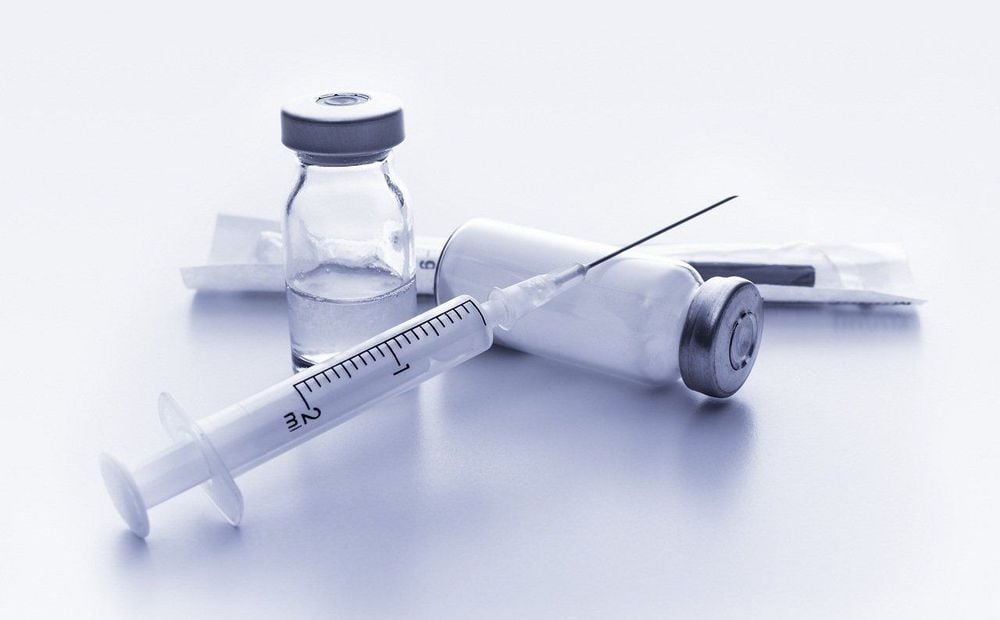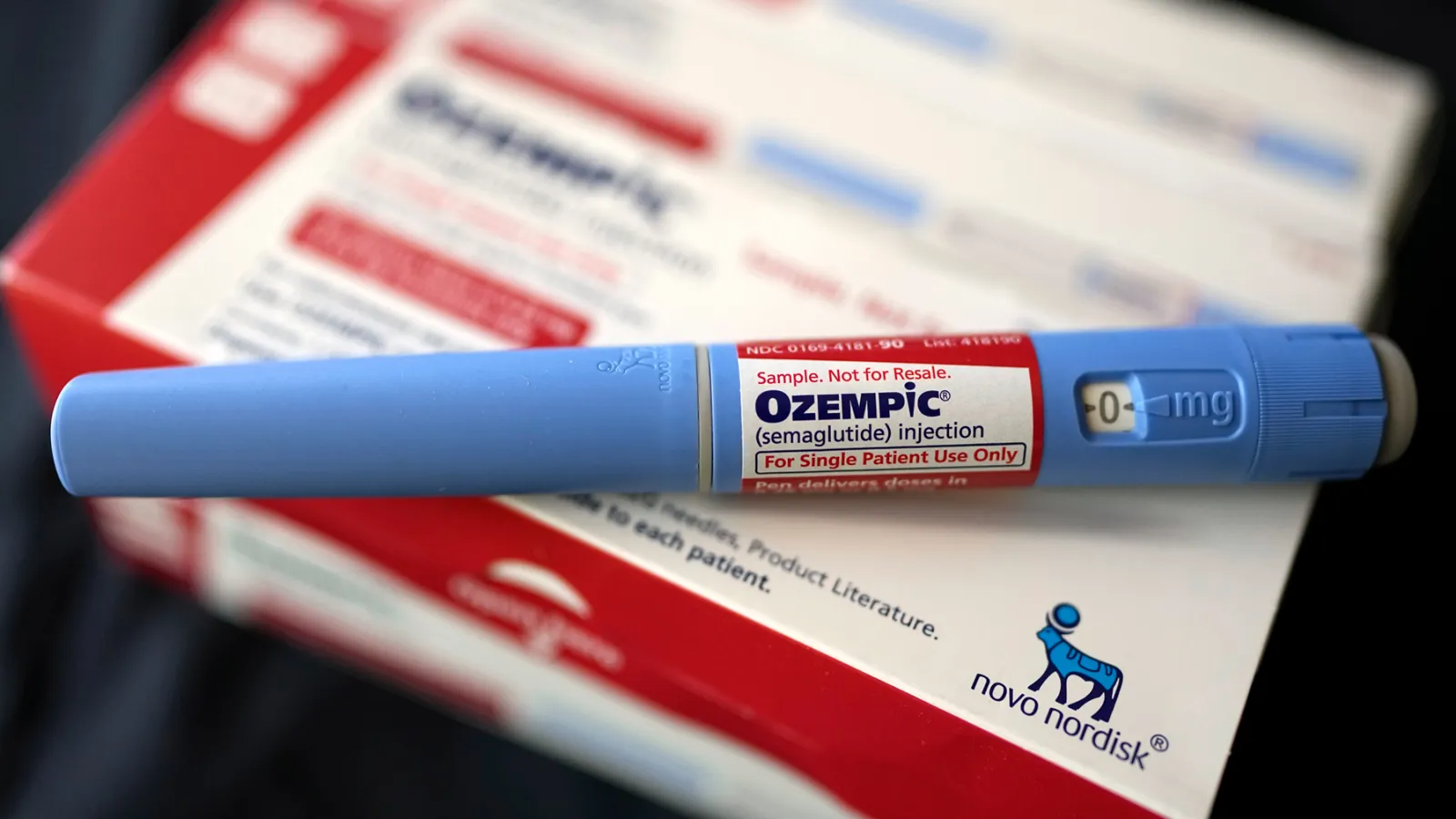The Benefits of Human Growth Hormone for Athletes: A Comprehensive Guide
Introduction
In the world of athletic performance, there is a constant quest for that extra edge—an elusive factor that can help athletes surpass their physical limits and achieve their personal bests. One substance that has garnered significant attention is Human Growth Hormone (HGH). Often surrounded by controversy, HGH's potential benefits for athletes are numerous and complex. This blog post will delve into what HGH is, how it works, and its potential benefits for athletes.
What is Human Growth Hormone?
Human Growth Hormone (HGH) is a peptide hormone produced by the pituitary gland. It plays a crucial role in growth, cell repair, and metabolism. In the body, HGH stimulates the liver to produce insulin-like growth factor 1 (IGF-1), which is vital for muscle growth, bone density, and overall physical health.
HGH production peaks during childhood and adolescence, contributing to growth spurts. However, as we age, natural HGH levels decline. This drop in HGH levels has led to interest in its use as a supplement for various purposes, including enhancing athletic performance.
How HGH Works
HGH has a multifaceted role in the body. It stimulates growth and cell reproduction and regeneration. When administered as a supplement or medication, HGH influences the body’s metabolism, protein synthesis, and fat utilization.
Key mechanisms include:
- Cell Growth and Repair: HGH promotes the growth of tissues and organs by stimulating the production of collagen and other essential proteins.
- Protein Synthesis: It enhances protein synthesis, which is crucial for muscle repair and growth.
- Fat Metabolism: HGH encourages the breakdown of fat and utilization of fatty acids, which can contribute to improved body composition.
- Bone Density: By stimulating the production of bone-forming cells, HGH helps maintain and increase bone density.
The Benefits of HGH for Athletes
- Improved Muscle Mass and Strength
One of the primary reasons athletes consider HGH is its potential to enhance muscle mass and strength. HGH stimulates the production of IGF-1, which in turn promotes muscle growth and repair. Increased muscle mass can lead to improved strength and power, which are crucial for athletic performance.
- Enhanced Recovery and Reduced Injury Risk
Athletes often push their bodies to the limit, resulting in muscle strain, injuries, and fatigue. HGH can accelerate the healing process by promoting the repair of damaged tissues and reducing inflammation. This faster recovery time can help athletes get back to training more quickly and reduce the risk of overuse injuries.
- Increased Energy Levels
HGH has been linked to improved energy levels and reduced fatigue. By enhancing fat metabolism and improving sleep quality, HGH can help athletes maintain higher energy levels throughout their training and competitions.
- Improved Bone Density
Athletes, especially those engaged in high-impact sports, are at risk of bone injuries and fractures. HGH’s role in promoting bone density can help strengthen bones and reduce the likelihood of such injuries. Enhanced bone health is vital for long-term athletic performance and overall physical well-being.
- Better Body Composition
HGH contributes to a more favorable body composition by promoting fat loss and muscle gain. Athletes with a lower body fat percentage and higher muscle mass can experience better performance, increased agility, and improved endurance.
- Enhanced Cardiovascular Health
Some studies suggest that HGH may have positive effects on cardiovascular health. Improved heart function and circulation can enhance overall physical performance and endurance, which are essential for athletes.
HGH and Athletic Performance: A Closer Look
To understand how HGH affects athletic performance, it's important to look at how it interacts with various physiological systems:
- Metabolic Effects
HGH influences metabolism by increasing the rate at which fat is broken down and utilized for energy. This can lead to improved endurance and performance during prolonged physical activities. Additionally, HGH's role in protein synthesis means that athletes can recover more effectively and build muscle more rapidly.
- Muscle Recovery
Recovery is a critical aspect of athletic training. HGH’s ability to speed up tissue repair and reduce inflammation makes it a valuable tool for athletes recovering from intense workouts or injuries. Faster recovery times allow for more frequent and effective training sessions.
- Endurance and Performance
Some research suggests that HGH can enhance endurance by improving cardiovascular function and increasing the availability of energy substrates. This can lead to better performance in endurance sports and activities.
The Controversy Surrounding HGH Use
Despite its potential benefits, HGH use is surrounded by controversy and legal issues:
- Legal Status
In many countries, including the United States, the use of HGH for non-medical purposes, such as performance enhancement, is illegal. Athletes caught using HGH for doping can face significant consequences, including bans from competitions and damage to their reputations.
- Health Risks
There are potential health risks associated with HGH use, including joint pain, fluid retention, and increased risk of diabetes. Long-term use of HGH can also lead to more severe health issues, such as cardiovascular problems and abnormal growth of organs.
- Ethical Considerations
The use of HGH for performance enhancement raises ethical questions about fairness in sports. The concept of using synthetic hormones to gain a competitive advantage is often viewed as contrary to the spirit of fair play.
Alternatives to HGH for Athletes
For athletes looking to improve performance without the risks associated with HGH, there are several alternative strategies:
- Optimized Nutrition
A well-balanced diet rich in proteins, healthy fats, and complex carbohydrates can support muscle growth, recovery, and overall performance. Nutritional supplements such as branched-chain amino acids (BCAAs) and creatine can also be beneficial.
- Strength and Conditioning Programs
Customized strength and conditioning programs tailored to an athlete's specific needs can improve muscle mass, strength, and endurance. Proper training regimens, including resistance training and cardiovascular workouts, are essential for peak performance.
- Adequate Rest and Recovery
Prioritizing rest and recovery is crucial for athletic success. Ensuring adequate sleep, incorporating rest days, and using techniques such as massage and stretching can enhance recovery and performance.
- Hormone-Boosting Supplements
Certain supplements, such as those containing L-arginine or L-carnitine, may help stimulate the body’s natural production of growth hormones. These options are generally considered safer alternatives to synthetic HGH.
Conclusion
Human Growth Hormone has the potential to offer several benefits for athletes, including improved muscle mass, faster recovery, and enhanced performance. However, the use of HGH comes with legal, health, and ethical concerns that athletes must consider. Alternatives such as optimized nutrition, effective training programs, and natural hormone-boosting supplements offer safer and legal ways to enhance athletic performance.




Leave a Reply